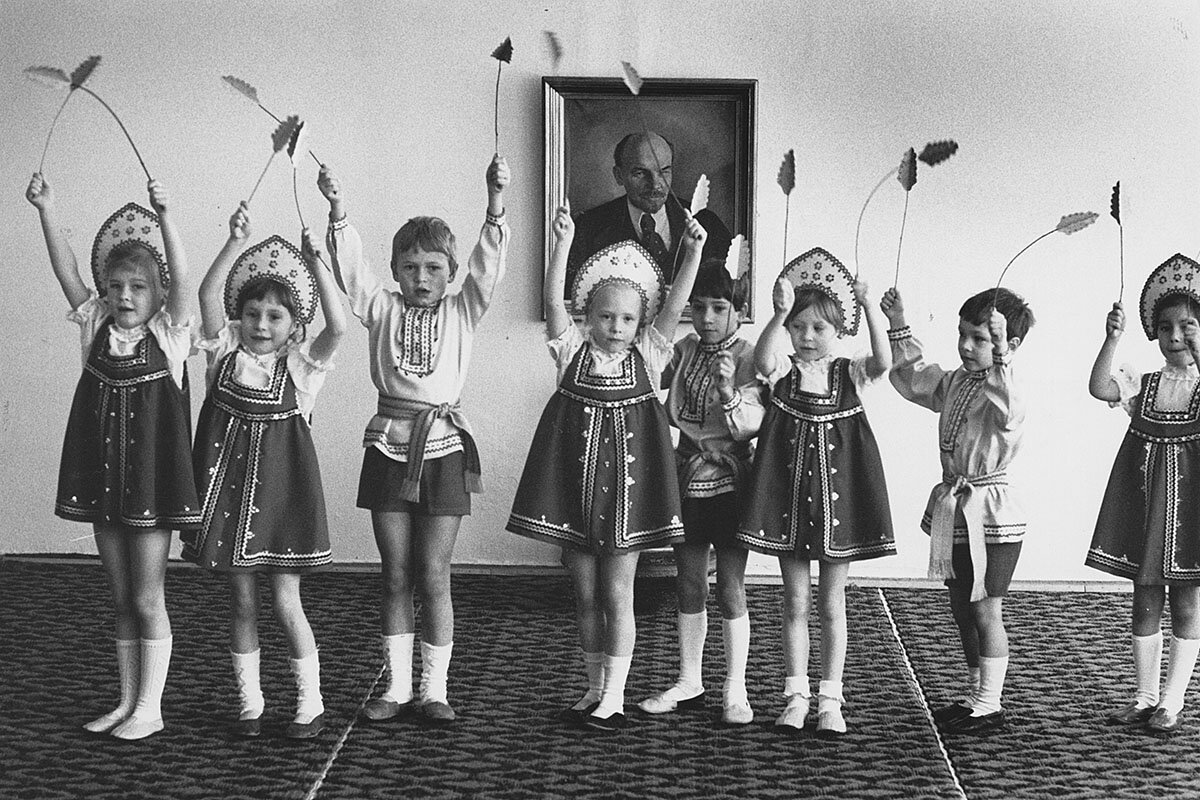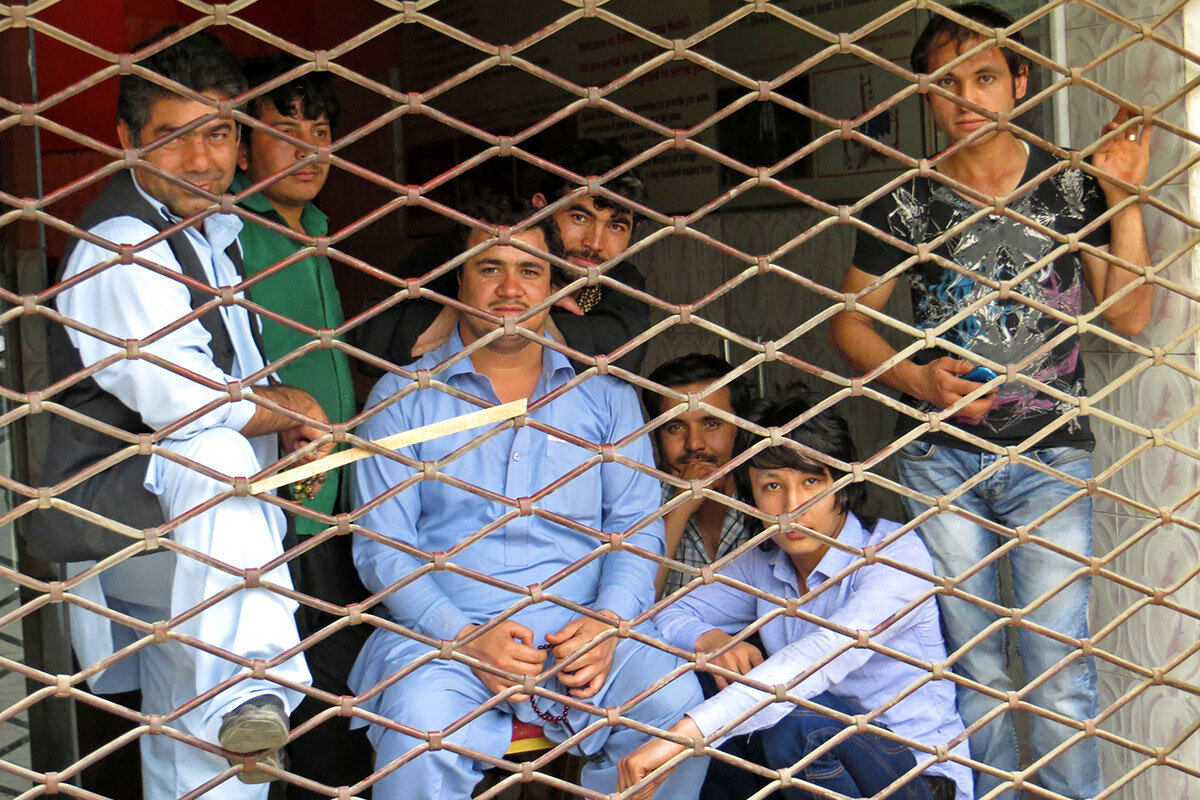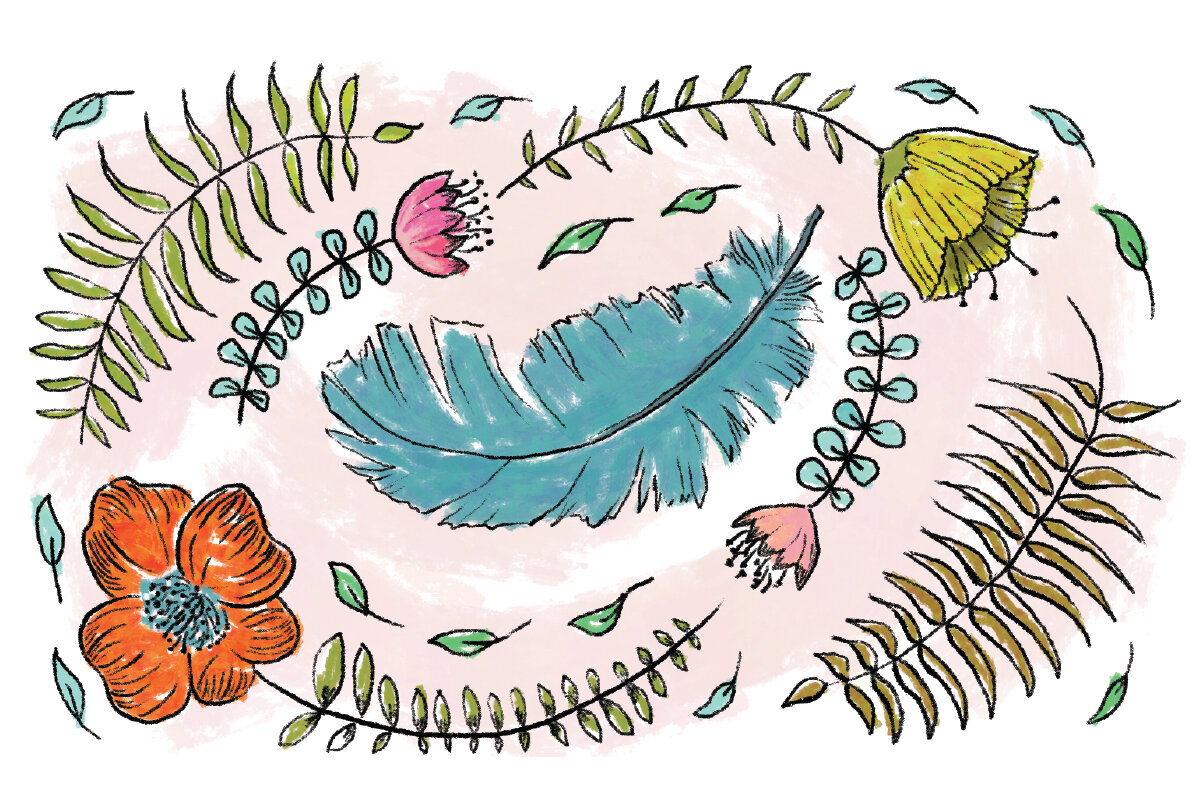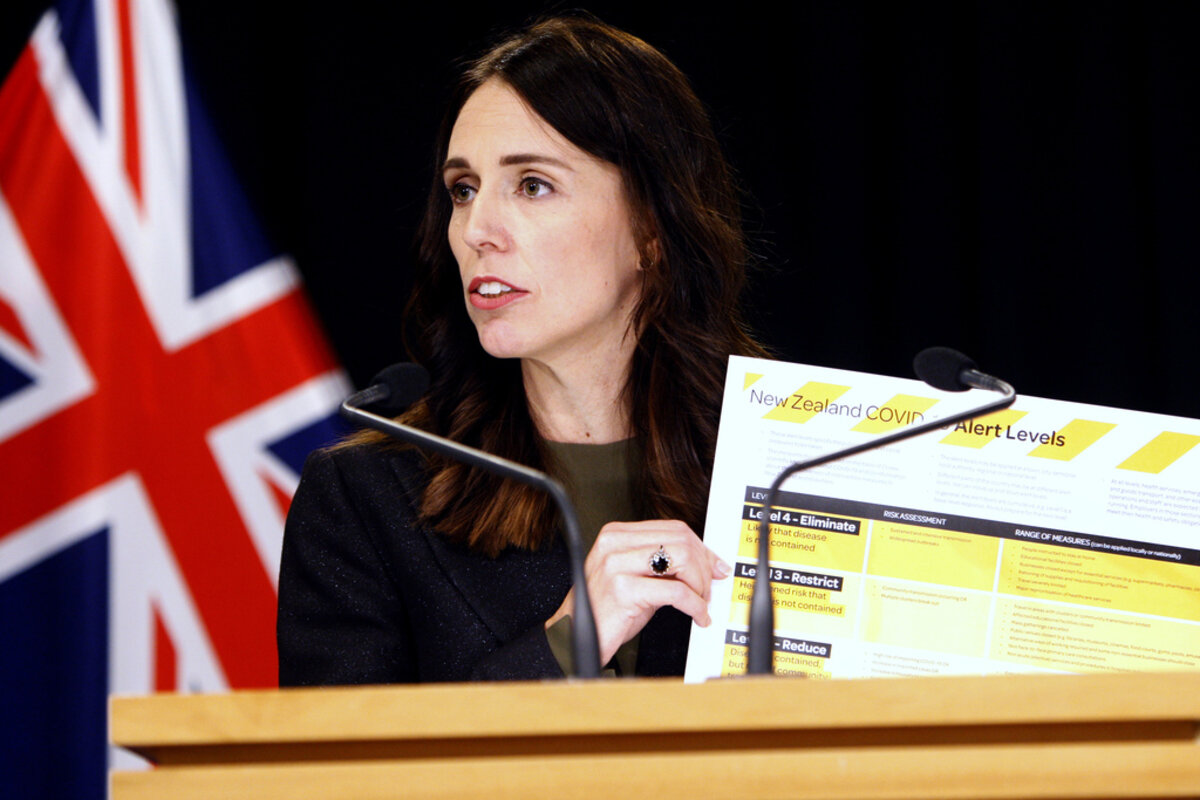Why are U.S.-Russia relations still so fueled by suspicion – and still fueling global turmoil? The Russian view, rarely heard in the West, begins with post-Soviet hopes that crumbled as desires for the new era went disregarded. Part 6 of our series “Navigating Uncertainty.”
Monitor Daily Podcast
- Follow us:
- Apple Podcasts
- Spotify
- RSS Feed
- Download
 Mark Sappenfield
Mark Sappenfield
Today's edition looks at how Russia sees the post-Soviet world order, why the left doesn't trust Joe Biden, the lockdown's lessons for climate change, what a war zone teaches about life during a pandemic, and poetry's calming voice.
But first, a look at what a little kindness can achieve.
The idea is just oh-so-Italian. Pay for your coffee now and drink it later. Caffè sospeso – suspended coffee – the Italians call it. Only, a grocery store owner in Rome has recently come up with an even better idea: suspended shopping.
Customers at Michela Buccilli’s small shop can pay ahead for groceries, with a twist: They’re paying for those who can’t afford it. Half of Italian workers are out of a job because of coronavirus restrictions. So Ms. Buccilli often adds a little extra. One customer bought a kilogram of oranges for a needy family; Ms. Buccilli gave an entire crate, NPR reports.
Worldwide, the coronavirus is revealing the bedrock of kindness in human nature, as we’ve highlighted in so many of these Monitor Daily intros. But it is equally important to recognize that these acts aren’t simply fleeting moments. They can be transformational.
At a time when so much public discourse is entrenched and antagonistic, research shows that kindness is the most effective solvent. “Defensiveness fades away,” and thinking “about the ‘bigger things’ makes us forget ourselves, to an extent,” notes an article in Inverse about a study in the Proceedings of the National Academy of Sciences.
That can be writing a thank you note – or doing a little “suspended shopping.” Such attitudes, the study’s author says, “are a really powerful force of change.”










